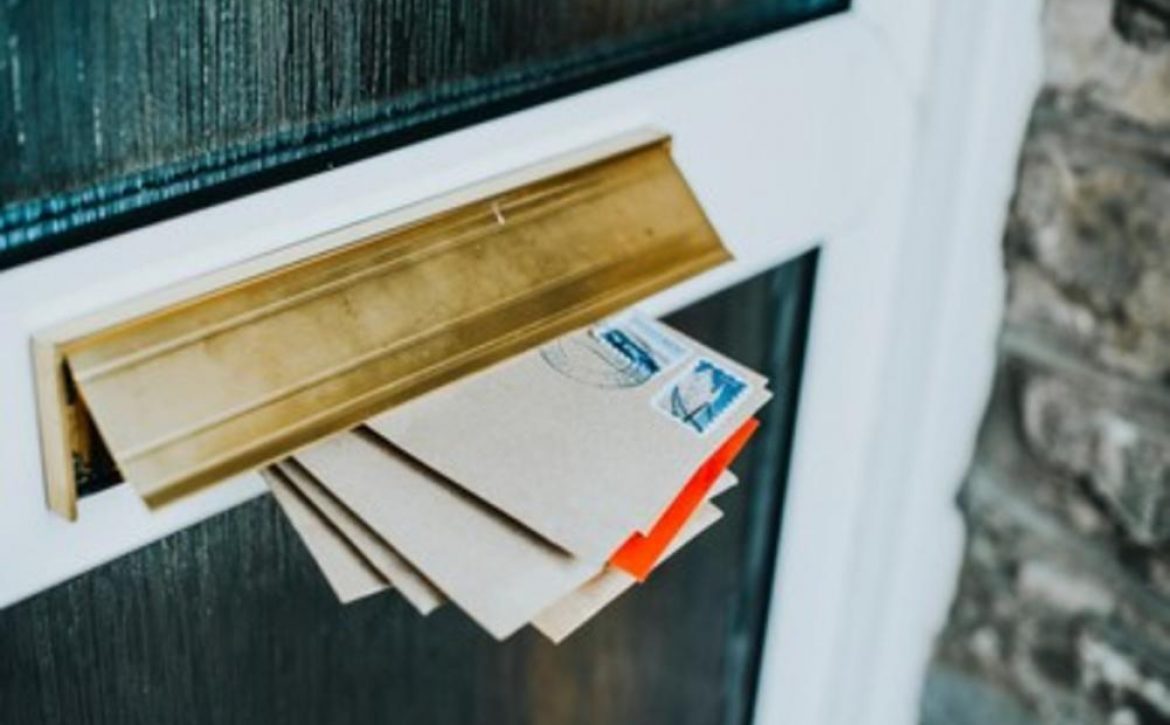Can I Open My Ex-Partner’s Mail if it Comes to My Address?
If you have recently separated from your former partner and they have moved out, you will often continue to receive their personal mail, which may include documents such as bank account statement, superannuation information or credit offers.
Many people are tempted to open mail which is addressed to their former partner, but you should avoid doing this because it is a federal offence to open mail that is not addressed to you.
Under the Criminal Code Act 1995, it is an offence to intentionally open another person’s mail. If you intentionally open someone else’s mail, then you may be jailed for up to 5 years.
So what should you do if you keep receiving your former partner’s mail? We suggest the following:
- If you have an amicable relationship, you can pass the mail onto them directly and ask them to change their address with whoever is sending them the mail.
- If you have to keep asking your former partner to change their address, or your relationship is hostile then you can simply write “Return to Sender” on the mail and place it in a post box for it to be returned to sender.
If you have accidentally opened mail that does not belong to you, then you should pass it on to your former partner immediately and apologise for opening it in error. This can occur at times when you both bank at the same financial institution.
It is not an offence under the Criminal Code Act 1995 if you have accidentally opened your former partner’s mail however, is it an offence to hold onto any mail that you have accidentally opened. If you are found to be keeping mail that does not belong to you, then you may face up to 5 years imprisonment.
It is also important to note that it would only be classified as “accidental” if you open your former partner’s mail on possibly one or two occasions, however, if this was a reoccurring event, the Court may not consider the actions to be “accidental”.
The above is not intended to be legal advice.
If you need advice in relation to a Family Law matter, please contact us on 08 9221 2666 or reception@calverleyjohnston.com.au to make an appointment to speak to one of our solicitors.






